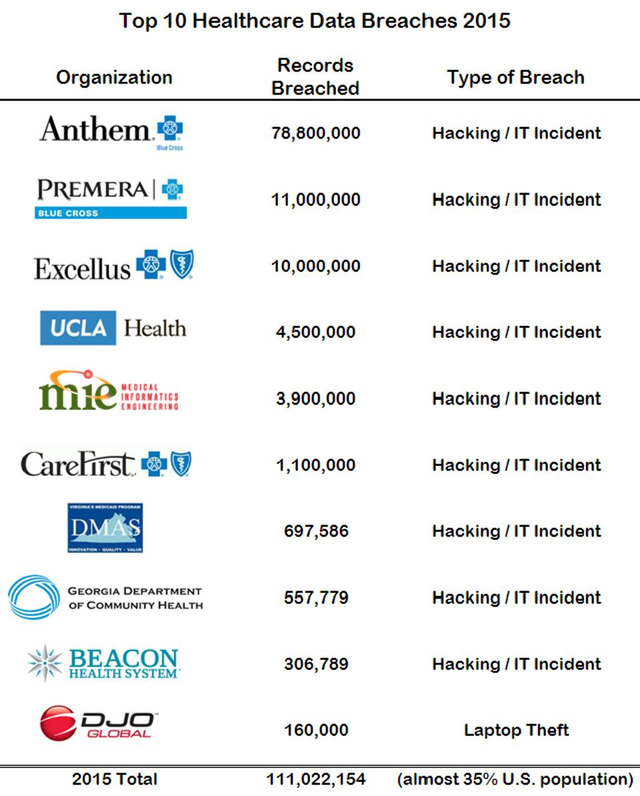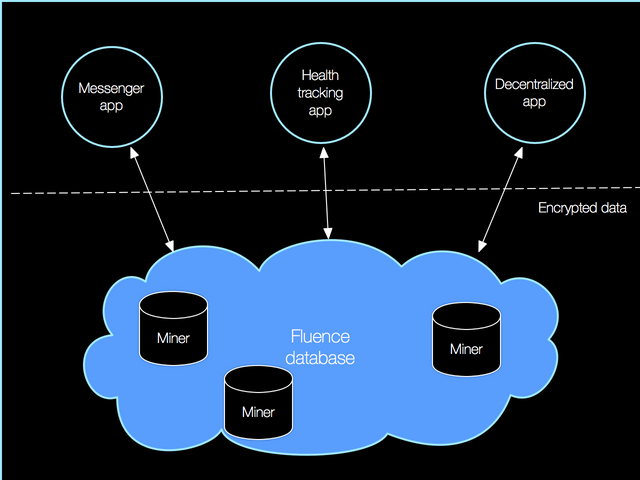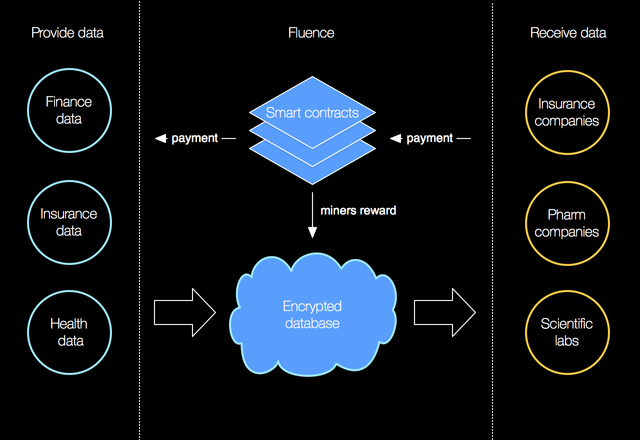How decentralized apps will transform the personal data market

Going through headlines about just another data leak that come up too often these days, I’ve come to the thoughts that something is broken in data storage. Giants aggregate tons of personal data but fail to securely store it. The underlying reason of this data arms race is as simple as it can be — the value the data might generate now or in the future. As data is being considered as a new form of asset, you can’t have too much of it, so the strategy is to harvest, store and monetize as much as you can.
However, the centralization like this leads to massive data breaches. If you live in the United States, in 2015 you had 35% chance to be the unfortunate winner of medical records leak lottery. What about your financial transactions or location history?
By using free services on the Internet, you tolerate that your data is being aggregated, shared or exchanged in many ways to capitalize companies which have an access to your data. Almost every app that we’re using stores our data on private servers without any encryption. Or claims encryption just for marketing purposes. Whether you use Whatsapp that has an official backdoor for the government, or Telegram that relies on centralized servers, your data could be compromised, or you could be just cut off from service by regulators.
Unlimited trust to centralized authorities like tech giants, banks or insurance companies eventually leads to massive data leaks and data market monopolization.
However, a pendulum swings back. Decentralization trend has emerged in recent years and became a real avalanche this summer. Many apps aim to disrupt major industries by decentralizing markets with blockchain technology. They’re attempting to set up a new standard of data processing with respect to privacy.
But what’s the problem? All these products need a database system to manipulate data. They actually can not store data in a blockchain by design. Blockchain provides safety and immutability, but is weak when the deal comes to data confidentiality and scalability.
We have the revolutionary technology but can’t apply it at massive scale. How could we solve this problem? Is there a way to transform a global data storage by bringing transparency and security of data usage? We believe the answer is yes.
We aim to create Fluence — a decentralized encrypted database which allows to securely store, share or trade any structured data that company or person owns. It is scalable and is ready for big data. And yes, we do use blockchain for that.
Let’s take a closer look at Fluence:
Decentralized database
To create an infinite, fault tolerant and censorship resistance storage for any amounts of data, we’re building an ecosystem where computers’ storage owners are incentivized to store the data published to Fluence. Exactly like Storj, Sia or Filecoin.
The major distinction: these projects are basically “a decentralized Dropbox”, but Fluence is designed for storing a structured data, not just raw files. Fluence works as a traditional database, allows to query, update or delete data with keeping an access in secret between you and people you authorized. We are mostly focused on apps developers that aim to have fault/censorship resistant database or companies that enable new business models with personal but undisclosed data.
Secured data markets
With a flexible model of data access permissions built on Ethereum smart contracts, Fluence makes possible a variety of different markets to emerge. Imagine a service that aggregates genomics data from people, does some research investigations and sells results to a pharma company. Resulting revenue is shared between researchers, people who provided the data and miners where the data is securely being stored. A product like Encrypgen may entirely be built on top of Fluence.
You may see examples of such economy in finance, insurance, health and many other industries. Look at great recent TRI and BigchainDB proof of concept with aggregating data from distributed autonomous vehicles.
Companies spend billions to exchange sensitive and regulated data securely. Enterprises seek ways for flexible access management of their private data. With Fluence it becomes straightforward and affordable.
And this is only the beginning.
Imagine the world where apps became fully decentralized. Databases are placed in the encrypted fault-resistance cloud, where all control to the data is managed by owners. Applications are deployed to Inter Planetary File System and perform calculations in decentralized clouds like Golem. Personal data is entirely controlled by its owners, and there is no way to compromise, censor or delete it without authorized permission.



Congratulations @eponomarev! You have completed some achievement on Steemit and have been rewarded with new badge(s) :
Click on any badge to view your own Board of Honor on SteemitBoard.
For more information about SteemitBoard, click here
If you no longer want to receive notifications, reply to this comment with the word
STOP